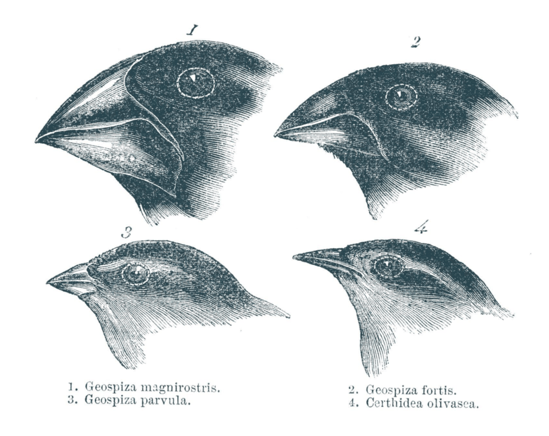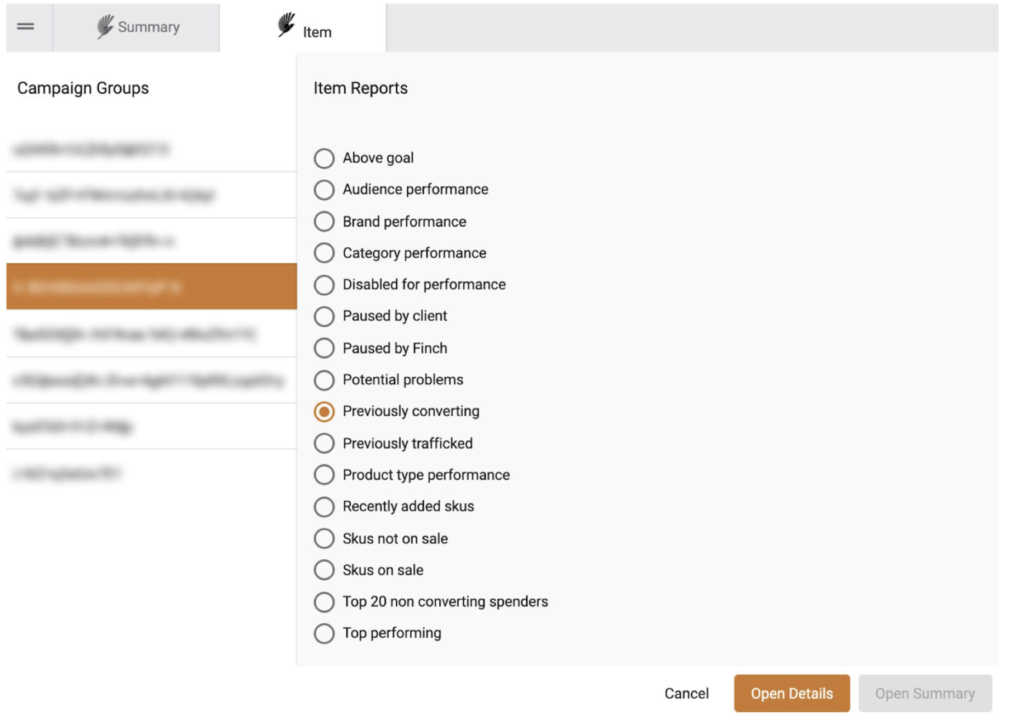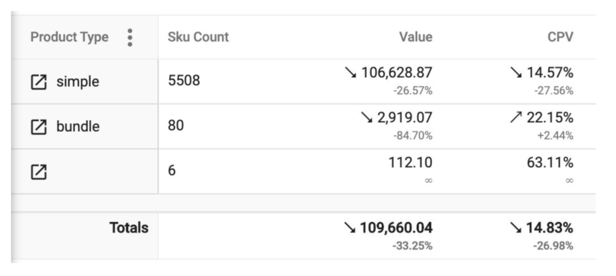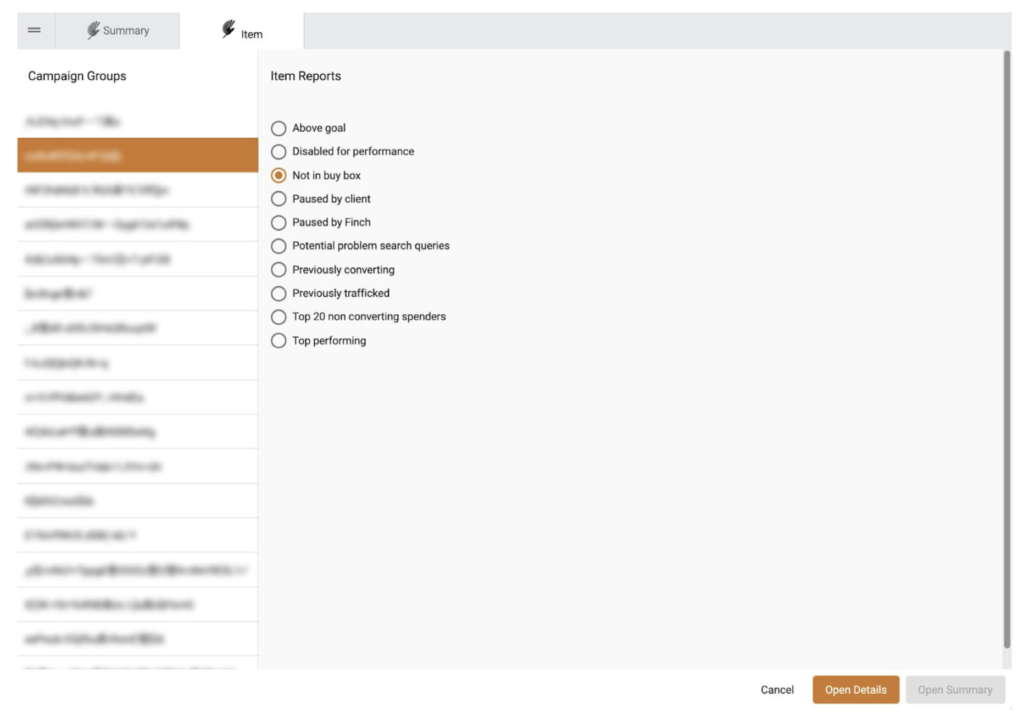It was just over six weeks ago I was in Japan and the first COVID-19 cases had begun to surface. I was there to speak at the annual customer conference for our partner Rakuten Advertising and spend time with them and our joint customers. After arriving in Japan, three days before the conference, the event was canceled. There is no question canceling the event was the absolute right thing to do and Rakuten showed me what corporate responsibility is all about. That was also my first exposure to what was to come.
In just six weeks the world has changed in many ways. I look at our company, Finch, I look at how our clients reacted to the immediate change, and how developments have taken place at hyper-speed.
What Can eCommerce Sellers Learn from Darwin?
Darwin showed us how we as humans (actually all species) develop over time with our changing environment. He discovered that it is not the fastest of species that survives, nor the most intelligent, but the most adaptable. His studies concluded that the finch (the bird) is the most adaptable species on the planet…and it was for this reason, 10 years ago, that we named our company Finch. In digital media and the online world, adapting to the pace of change is an essential and omnipresent matter of survival.
Facing this ongoing global pandemic, adaptability is more important than ever before. How well have you adapted to the most dramatic change to personal and professional life we have ever seen? How were these decisions being made, were they data-driven, emotionally driven or gut-reactions?

Reactions vs Consequences
Over the course of the past six weeks, I have had a front-row seat to observe how digital advertisers and the companies they represent have reacted in times of extreme change and uncertainty. Below are two types of reactions and subsequent consequences:
- Shut everything off immediately: We work with a large retailer in the furniture industry who advertises online to drive visitors into their stores and sell on their website. They still offer local delivery or scheduled pick up for the thousands of products they have online, but they decided to stop advertising completely, before looking at the data. The consequence? Emotional and without any digital advertising, the company didn’t take advantage of a massive surge in online demand for the products they already have in inventory, such as home office furniture and home electronics. Adaptability score: 0
- Analysis of immediate, changing data: This second company sells home gym equipment in multiple countries. The instant they saw the shift taking place, the company rapidly ramped up their online campaigns and started working their supply lines. They grew their online revenues 10x inside the first week of the change. Adaptability score: 10
Both these companies had the opportunity to dramatically increase their revenues, one created a quantifiable uplift in sales, the other lost significant ground. The reason for the difference had nothing to do with COVID-19, but the DNA of the companies. How adaptable is your company and what makes it so, or not?
Adaptability in Digital Marketing = Data + Action
The core team at Finch has spent over 20 years together solving the hard challenges of managing revenues and margins through software for our clients. We have experienced challenging times at macro-levels both in the industry or for individual customers. What we have learned is that data always tells the story best. The faster the changes are arriving, the more critical data becomes.
Trusted, reliable data in a relevant context will enable businesses to make good decisions. When a crisis hits, it is too late to try to figure out what data is needed, how to interpret it, and what to do with it. The reactions of the two companies I shared above verify that not only is data essential, but your response to how it is used is critical. That combination is spelled Adaptability.
How Finch Enables Adaptability
Finch offers an Advertising Management Platform for eCommerce companies that consists of three main elements:
- Campaign Management and Optimization
- Insights reporting
- Collaboration and strategic workflow management
These are all tightly integrated to drive performance, transparency, and prioritization for our clients. And they’re continually supported by the Finch Strategic Services team.
Here are three specific examples of data you need when a crisis hits and that you can get from the Finch Platform:
Changes in Demand
Understanding changes in demand is critical when you need to be nimble in responding to rapid changes. Here are two examples of insights that will help you respond quickly and accurately to these types of changes.
The first example is to know if there are changes in product demand. Knowing which products (or keywords) converted previously provides valuable insight. Quickly spotting changes in demand to turn on/off ad spend and make inventory/purchasing decisions:

The second example is understanding product mix type changes. When there are sudden changes to performance you want to get in front of it fast. One customer example is from an outdoor gear company that sells both individual products and bundled packages. The trend shows a rapid drop in bundled sales and a lesser drop in individual products. Identifying this trend with data allowed the company to shift advertising spend on individual products, and away from bundles. Sales subsequently were lifted.

Diversifying Revenues
In the case of the current crisis, Amazon has continued to emerge as a marketplace with explosive growth. After the first week of Shelter-in-Place, Finch identified that our customers on the Amazon platform were experiencing over 60% growth in revenues. As subject matter experts in paid Amazon campaigns, in order to gain traction selling on Amazon, it is essential that your products for sale need to be present in the Buy Box.
Identifying which of your products are not in the Buy Box or that have been excluded from the Buy Box is not an easy task to discern inside Amazon. Finch has created a one-click report that delivers this information, so eCommerce sellers can use their metrics to prioritize which products to get in the Buy Box first. Learn more about the Finch Insights platform.

Changes in Traffic Patterns — Brand Performance
During times of rapid change, it is imperative to learn as much as we can about how traffic patterns change clients’ behaviors.
Another example is from a client in the sporting goods industry that saw a big drop in overall revenues (-59%) during the month of March as a result of COVID-19, but saw an increase in branded terms traffic (+26%). Branded traffic is from an audience that already knows you through other advertising or by being an existing customer. How would you use this information to make changes to your ad budget or other customer communications?
The close look at data suggests a few actions to increase ROAS. On the one hand, it could make sense to move non-brand spend to remarketing and retargeting. On the other hand, updating ad copy for existing client audiences to include a loyalty discount (vs spend on expensive non-brand incremental revenues during this time) could be a smart move, too.
Summary
What I have learned over the past weeks can be summed up in a few observations.
- Darwin was right: those who can adapt will survive.
- This is the very wrong time for emotionally driven decisions without data
- Being an eCommerce seller in 2020, adaptability depends on access to data, identifying changes, and the willingness to act on it.
Taking an assessment of your company’s adaptability score is an exercise every company should do. The outcome of that exercise will help you understand if you have the tools and data in place to enable you to act when big change comes.
It’s not just an observation over the past six weeks, but rather throughout my whole career; Companies that execute strategic plans that adapt to data along the way are far better positioned to handle rapid change. As Darwin’s saying goes: Survival of the fittest!
On this note, we are hosting a joint webinar with Google on April 14 on the topic of “Adapt your paid media strategy to COVID-19”. Check out our landing page to learn more!






